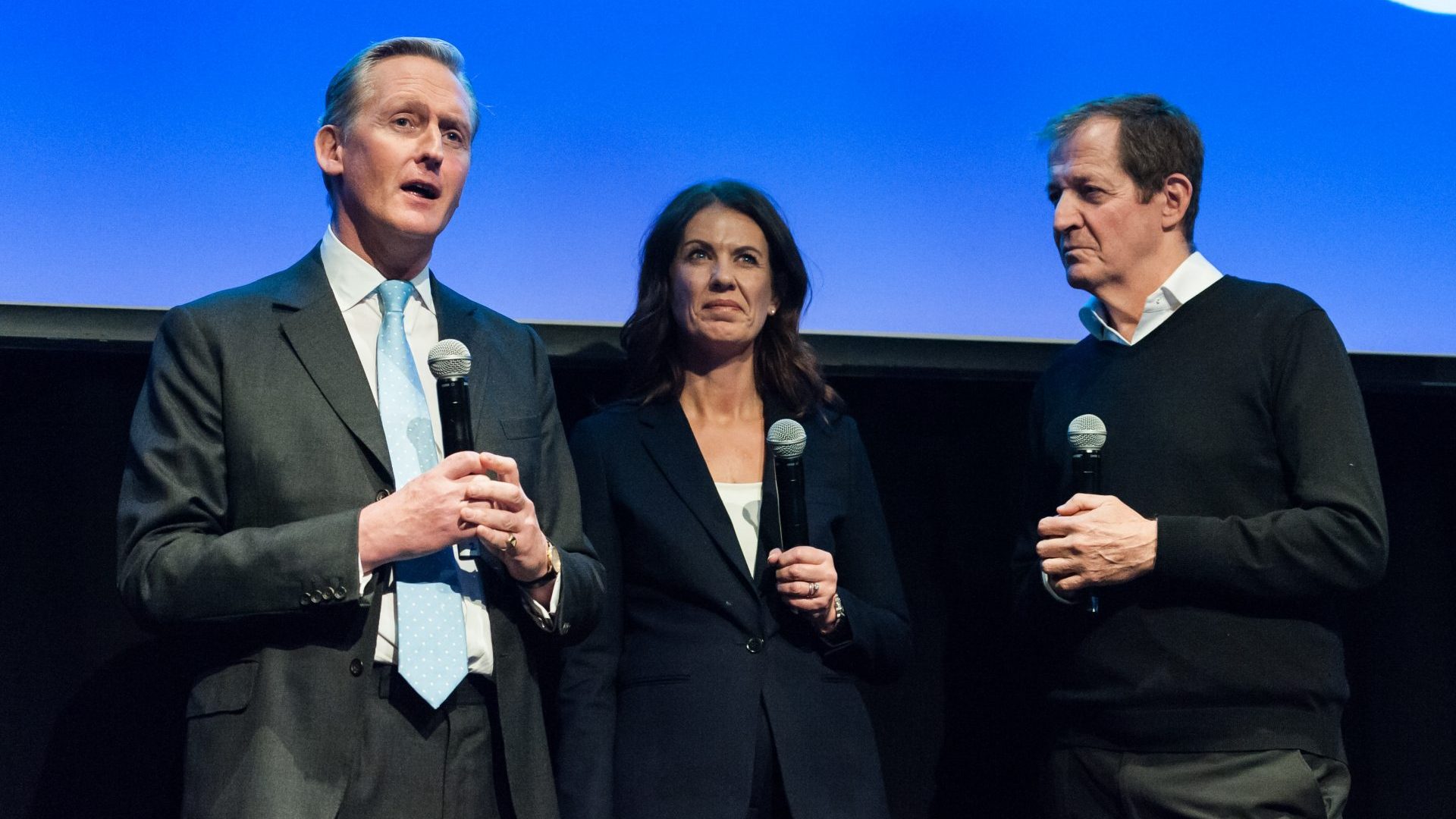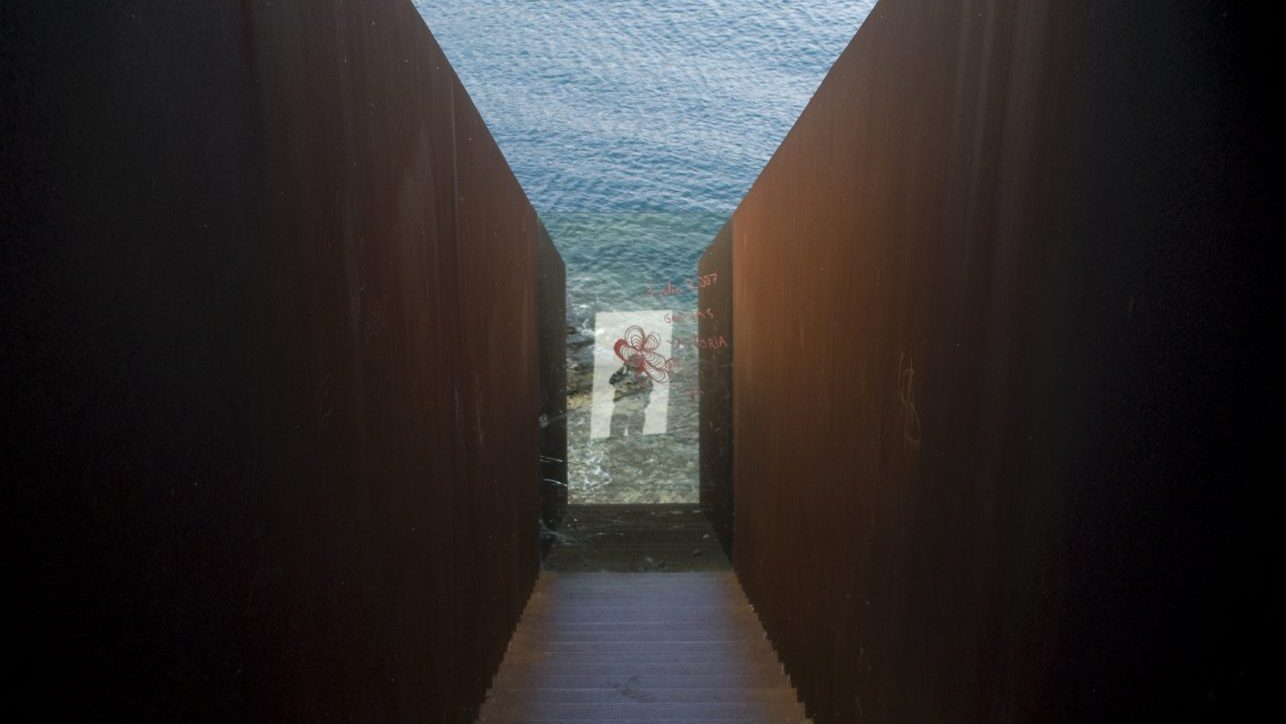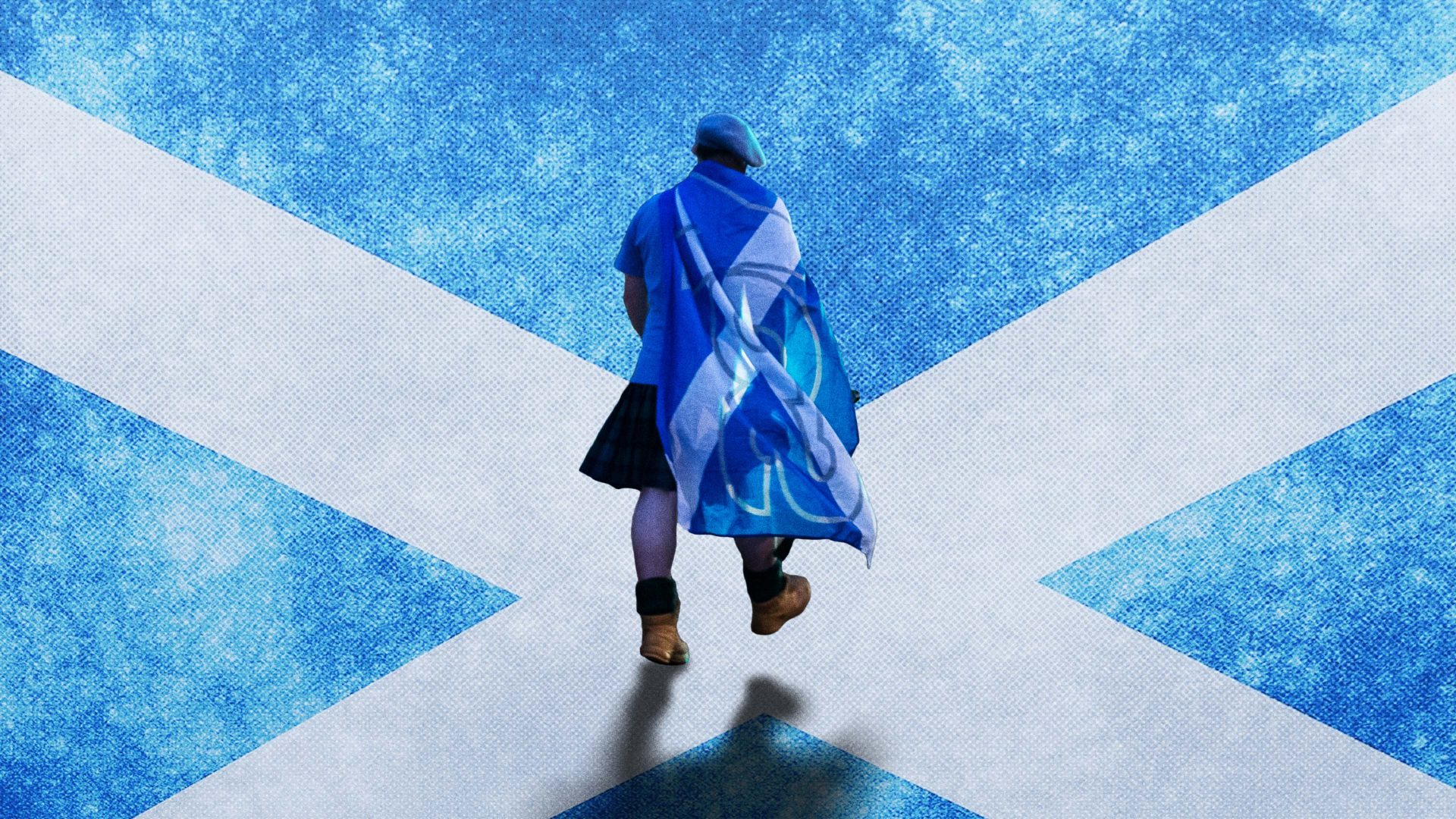Almost 15 years ago, Mandrake was the first to reveal that David Cameron had appointed Larry as his full-time mouser-in-residence. The news that Downing Street is drawing up plans to announce the death of the nation’s most famous tabby got me thinking. Mandrake, like Larry, has had a long life and counted in – and counted out – quite a few prime ministers. It was the cue, I decided, to lay Mandrake to rest.
Larry is 17, which isn’t a bad innings in cat years. Mandrake has now notched up a quarter of a century writing this column, both in this newspaper, and, before that, the Daily and Sunday Telegraph, which in journalistic years is miraculous. The column will be remembered – as I am sure Larry will one day – for pouncing with deadly effect.
It was first to reveal that the Times had caved in to pressure from Boris Johnson and spiked a story detailing his efforts to install his then mistress Carrie Symonds in a Whitehall job; George Osborne had been carousing as chancellor aboard the Russian oligarch Oleg Deripaska’s yacht off Corfu; Lord Mandelson harboured ambitions to succeed Lord Patten as chancellor of Oxford; and even the late Sir John Mortimer’s admission that he had secretly fathered a child by the actress Wendy Craig.
In 2014, an especially deadly pounce on the MasterCard Brit Awards threw the event into chaos. The column went public about the “pro forma” tweets its PR people required journalists to put out – saying how much they’d be “enjoying” themselves – as a condition of attendance.
And Mandrake might also just have given Charles the push he needed to make an honest woman of Camilla. The royal biographer Sarah Bradford maintains that after the column reported in 2004 how protocol meant Camilla wouldn’t be permitted to sit beside Charles at a society wedding, she’d had it out with him, and they wed shortly afterwards.
As with actors playing roles for long periods of time, journalists are apt to become indistinguishable from their columns. Mandrake was never, however, a column of opinion, but one of news, and so it was never necessary for me to get shouty or personal. Nor did it matter if it was figures on the left or the right that were exposed. All that mattered was that the stories got people talking and were accurate.
Dominic Lawson dreamt up the name Mandrake during his period editing the Sunday Telegraph. It is a Mediterranean plant with a forked fleshy root that resembles the human form and was formerly used in witchcraft. What’s more, it’s supposed to shriek when pulled from the ground.
After 12 years writing the column for Lawson and his successors across both the Telegraph titles, it was maybe the paper’s own management that shrieked when Mandrake was uprooted and found a new home in the New European’s fertile soil. My years at the Telegraph had been happy ones until the dark clouds of Brexit began to gather.
If I was to hang around, figures that I’d written about with respect – not least Gina Miller, whom I even championed for a peerage in the column while it was still rooted at the Telegraph – would soon become figures to be scorned and abhorred. I wanted no part in that or the Telegraph’s lurch to the hard right.
Something else unsettling was happening at the Telegraph – and maybe across the media – and that was individuals who were not journalists starting to masquerade as them. Appearing on Sky News, I found myself sitting beside a young woman who said she worked for my old paper as its Brexit editor. We had nothing and no one in common, so I asked where she had worked before. She said she had joined the Telegraph direct from the right wing pressure group the Taxpayers’ Alliance.
I’d come to the Telegraph by way of a journalist-training course at Highbury College in Portsmouth, five years on local papers and a decade each on the Observer and the Daily Mail. Those local newspaper years matter, as they knock airs and graces off youthful newcomers. I got to meet people from all walks of life and came to understand the role of the journalist in the community.
That sort of background was pretty much taken for granted when I joined the Telegraph at the turn of the millennium. It worked out well for both of us and accounts for why I was only ever sued once for libel. That was by the heiress Petra Ecclestone and I won. The Telegraph was then a proudly tolerant One Nation Tory newspaper that could be trusted.
The decline in the fortunes of local newspapers means most of them can no longer provide the kind of training I was lucky enough to have. Highbury College – my alma mater – has this month announced it is shutting down its “pre-entry” newspaper training courses. The crisis in journalism has, I believe, been a major factor in precipitating the political and societal crises we are now all living through.
I am still, however, the journalist I’ve always been and politically the same, too. So many old pals tell me how left wing they’ve become, but I tell them they haven’t changed any more than I have. They’re still boringly pragmatic centrists – socially liberal, economically conservative and European – in a country that Brexit has pushed too often to wild extremes. It was precisely because Mandrake stayed true to itself that on the New European it would often run stories profoundly embarrassing to the Telegraph, the very newspaper that gave birth to it.
My journalistic heroes also remain the same. Sir David English, the creator of the modern Daily Mail and a passionate Europhile who advised me on how to get into the business; Terry Page, my editor on the Brighton Argus, who gave me the opportunity and space to win my first British Press Award; Anthony Howard, who gave me my job on the Observer and shaped me politically and journalistically; and Matt Kelly, the New European’s founder and the only boss I had who started with no readers at all and worked his way up.
As for myself, I hope, like Larry, to have a few more lives left in me yet. I want to try to do some good – causes close to my heart include Ali Rehman Malik’s Institute of Research & Reforms International, which has been instrumental in getting imperilled women out of Afghanistan. I’ve another book out soon, am dipping a toe into the journalistic ocean that is Substack, and I have my second play being broadcast by the BBC in the new year, starring probably the nation’s most distinguished actor. Like my first – Bloody Difficult Women – it’s a drama with a political theme and it tries to be honest and do some good.
Ultimately, I guess that’s all we can ever try to do. I wish the New European all the luck in the world with the same quest in the years ahead.




